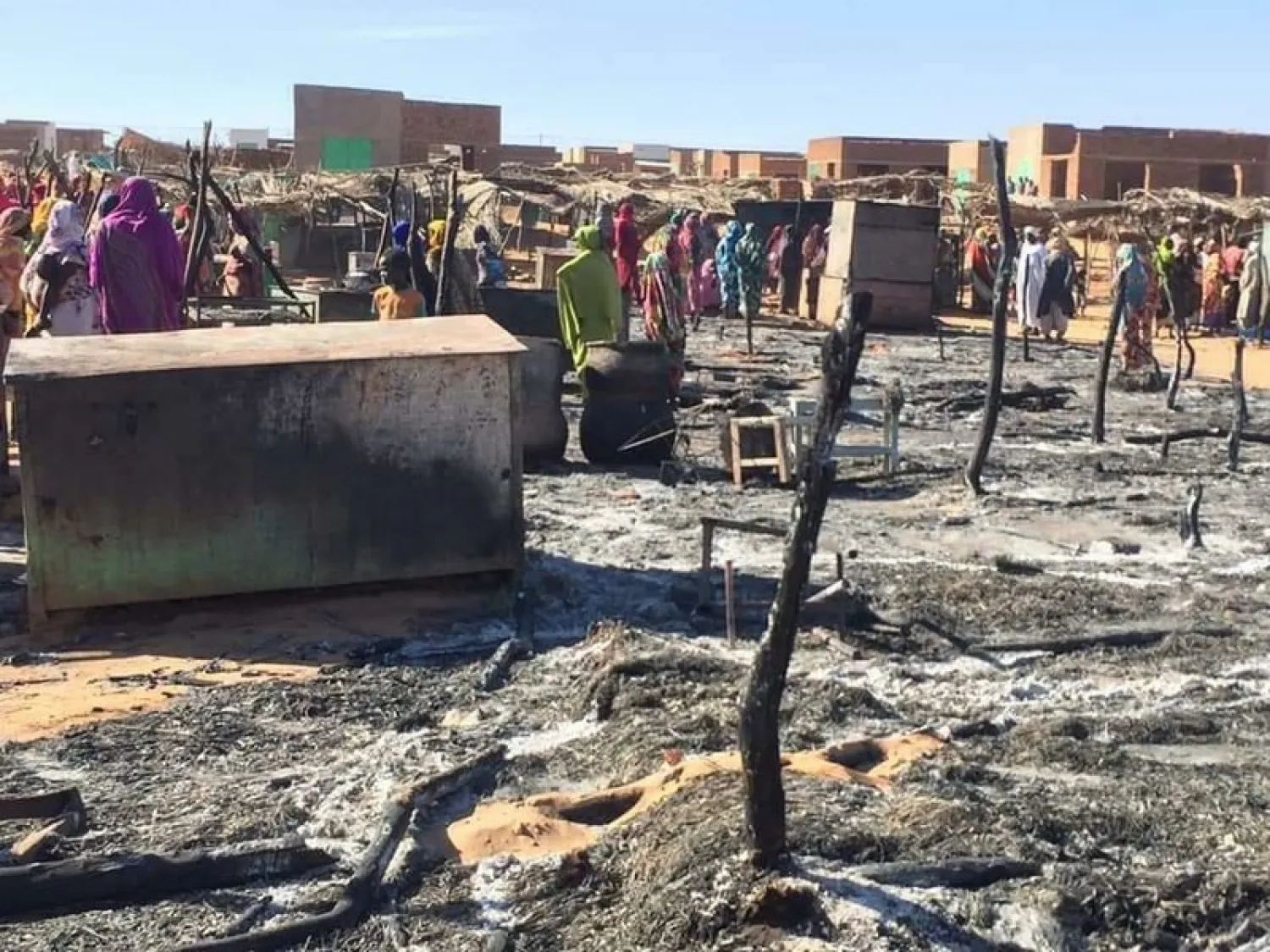Clashes between Arabs and non-Arabs in Sudan's West Darfur have killed at least 48 people, including women and children, a doctor’s union and aid worker said, as sporadic violence continued Sunday.
Darfur remains scarred by war after a rebellion in the early 2000s was brutally suppressed. The most recent violence comes two weeks after the UN Security Council ended the joint UN-African Union peacekeeping force’s mandate in the region.
Salah Saleh, a doctor and former medical director at the main hospital in the provincial capital of Genena, said the clashes wounded at least 79 others.
“It’s horrible,” he said. “Until now, people cannot reach any hospitals.”
Salah warned that the casualty toll was likely much higher.
The violence erupted Friday in Genena, when an Arab man was stabbed to death at a market in the Krinding camp for internally displaced people, aid worker al-Shafei Abdalla told The Associated Press. He said the suspect was arrested.
On Saturday, the dead man’s family — from the Arab Rizeigat tribe — attacked the Krinding camp, burning most of its houses, said Abdalla.
Gov. Mohammed Abdalla al-Douma said that the government would impose a curfew beginning Saturday that would include the closure of all markets and a ban on gatherings across the province. Al-Douma granted security forces and soldiers a mandate to use force to control the situation, according to copies of the decree obtained by AP.
The prime minister's office in Khartoum said in a statement a high-ranking delegation led by the country’s top prosecutor would head to Genena “to take necessary measures” to re-establish stability in West Darfur. The statement did not give a casualty toll from the clashes.
Adam Regal, a spokesman for a local organization that helps run refugee camps in Darfur, shared footage showing the burned homes and property in the Krinding camp following Saturday's attack. The video included graphic images of wounded people with blood-stained clothes. The footage also showed women and children carrying their belongings, allegedly fleeing clashes in the camp.
West Darfur was the scene of deadly clashes over a year ago between Arabs and non-Arabs that killed at least 54 people and displaced about 40,000 people, with thousands crossing to neighboring Chad.
The clashes pose a significant challenge to efforts by Sudan's transitional government to end decades-long rebellions in some areas. The country is on a fragile path to democracy after a popular uprising led the military to overthrow longtime autocratic Omar al-Bashir in April 2019. A military-civilian government is now in power.









